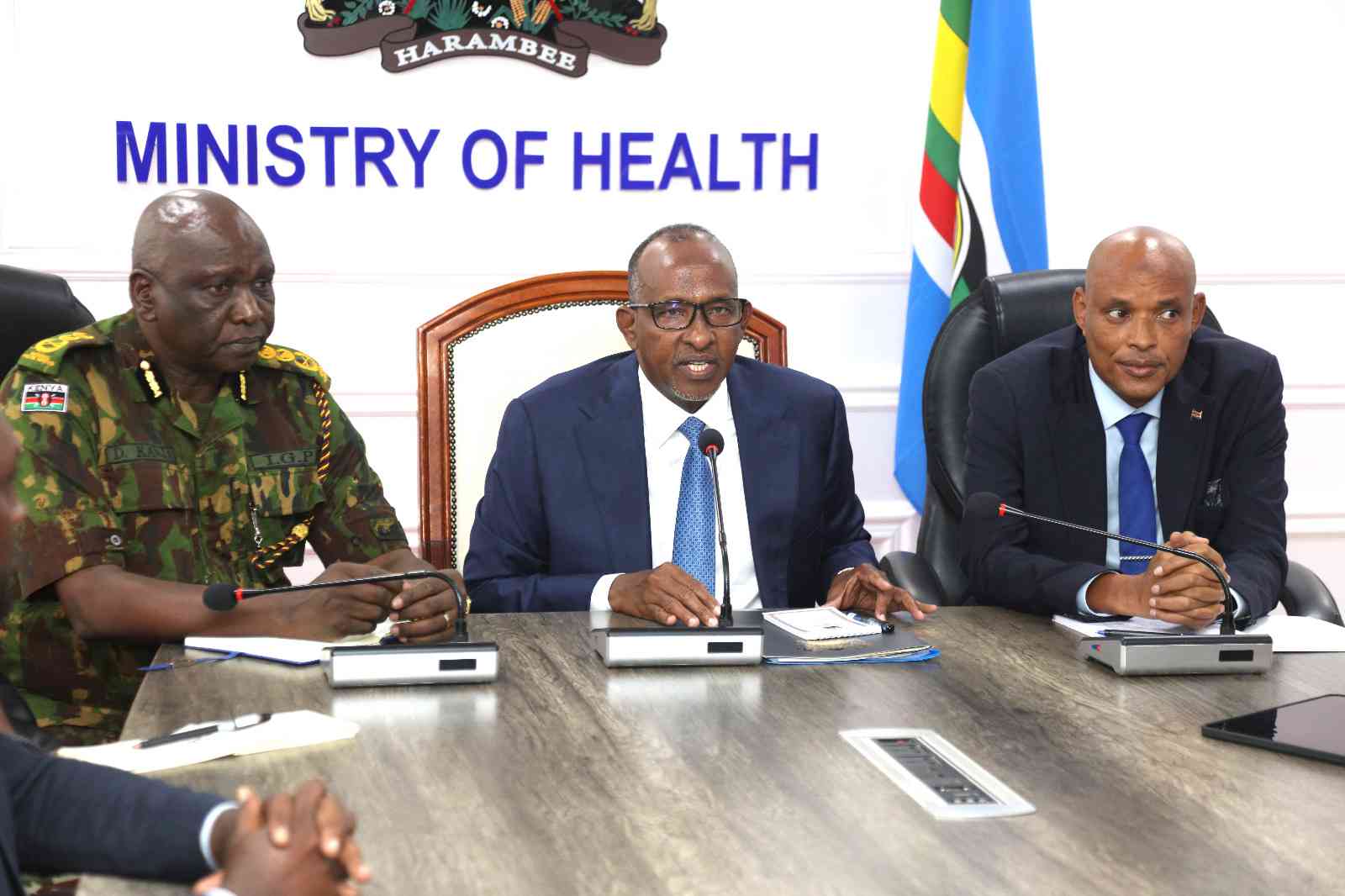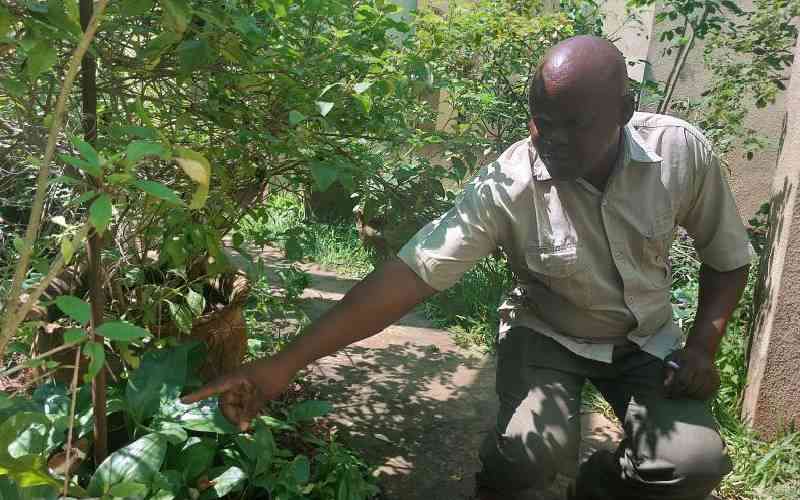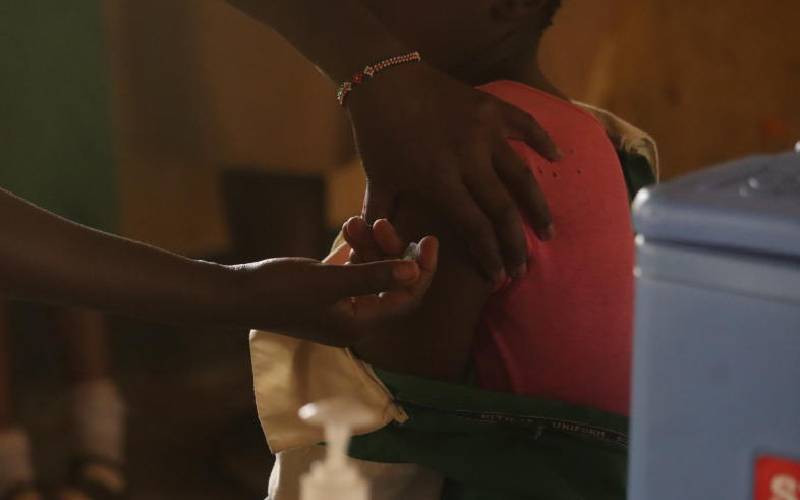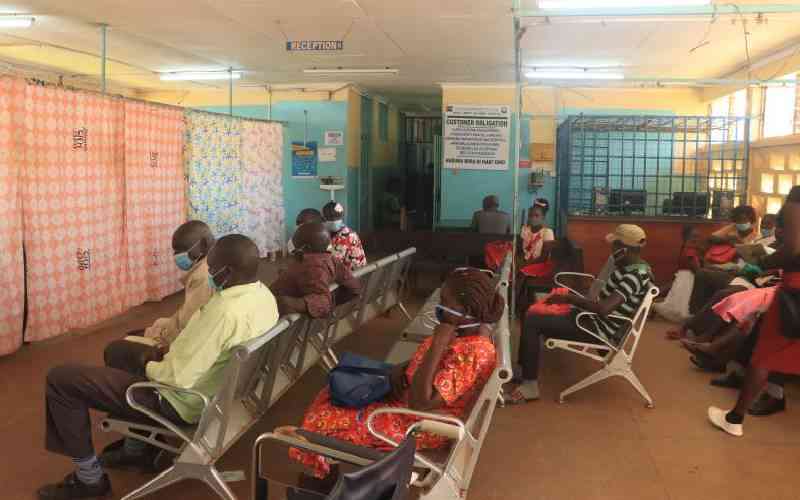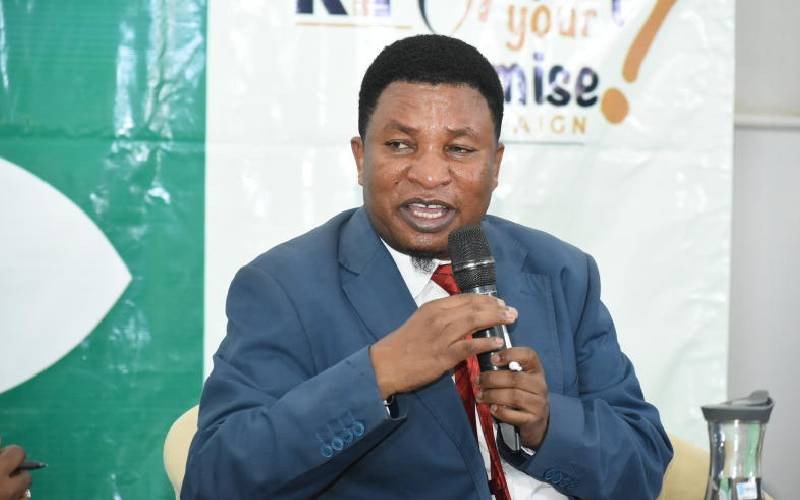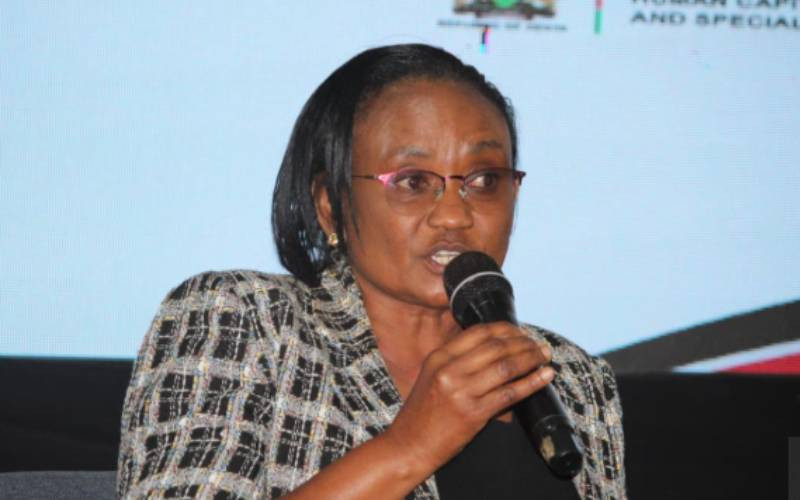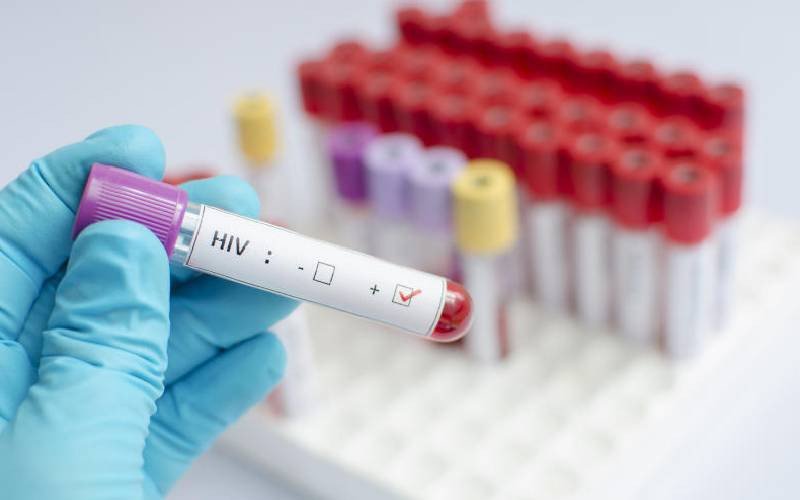
People living with HIV have raised the alarm over a growing number of treatment defaulters, which they attribute to the aid cut by US President Donald Trump.
They say the situation is driven by fears of a potential shortage of antiretroviral drugs (ARVs), which have been largely supplied by the US. government.
Nelson Otwoma, Executive Director of the National Empowerment Network of People Living with HIV/Aids in Kenya (Nephak), said anxiety over drug availability is contributing to treatment interruptions.
“There is a perception that without US funding, ARVs will not be available,” Otwoma told The Standard in an interview.
Jerop Limo, a youth representative at Nephak, added that while some people are still collecting their medication, many fear running out of stock before their next refill.
“There have been fears of people defaulting. Some pick the drugs, but skip say they take on Monday, skip Tuesday and take on Wednesday because they fear the current stock may run out leaving them with nothing to save their lives,” said Limo.
Some hospitals have also reduced refill stock given to patients; for example, some give medicine to last for only 30 days, a drop from the normal three months.
- HIV patients worry about funding gap, call for local interventions
- HIV networks meet to rethink response after funding cuts
- Concern over low HIV treatment uptake among children
Keep Reading
“By the fact that some hospitals are giving less medication, people tend to be scared of there being no drugs. People are scared and anxious,” asserted Limo.
Normally, the majority of the people on treatment are given ARVs to last for between three months and six months depending on individual's viral load.
Individuals who have suppressed the virus to what is commonly known as U=U (undetectable untransmittable), whereby a person living with HIV who suppresses viral loads cannot infect his HIV negative partner, are given a stock to last for even three years as they are able to manage the viral load through treatment.
Young people, mostly those in school, are given a stock of three months to last them for entire school term, and also require closer monitoring to suppress the viral load.
Young people more so school going children are given three months to take them through the entire school learning schedule.
Skipping medication is risky as such is likely to contribute to co-infections such as Tuberculosis that is the leading cause of death among people living with HIV.
Limo warned that there is also likeliness of viral load going up, among people who had suppressed the virus.
Mothers with the disease are also likely to transmit the virus to babies during breastfeeding, and at birth, if they skip medication.
“We are likely to have deaths associated with HIV, for example meningitis. Skipping treatment means virus will recur, viral load will go up. And disposed to other co-morbidities like TB,” said Limo.
“If you have medicine, just take the medicine, if you deflect your stock, we shall get a solution. The problem is if you start missing medicine, what will happen, everyone could continue to adhere to medicine fully we should not fear that the stock may be depleted, or it is little in supply,” she said.
Since 2010, Kenya has gradually reduced new HIV infections by more than 67 per cent, decreasing from 101,000 cases in 2010 to approximately 16,752 infections in 2024.
At least 1,378,457 Kenyans are living with HIV, of whom 1,336,681 are on treatment, with seven per cent mother-to-child transmission, shy by 2 per cent to reach the global target of below five per cent.
In addition to significant progress in HIV diagnostic, treatment and suppression of viral load stands at 98, 98 and 94 per cent respectively.Counties with the highest burden of HIV in the country includes Kisumu, Homa Bay, Migori, Nairobi, Nakuru, Mombasa, Kiambu, Kakamega, Kisii, Machakos, Uasin Gishu, Busia, Kilifi and Kitui.
Apart from supply of ARV issue, other triggers to defaulting on treatment include integration of HIV services in outpatient units.
Majority of the 41,547 Kenyans who had been employed under the President’s Emergency Plan for AIDS Relief (Pepfar) programme, and were serving at Comprehensive Care Clinic have been sent parking.
With integration, they are served with professionals who have not been trained to handle HIV.
Limo observed that integration was to be a gradual process, considering the needs of young people and vulnerable groups.
“Stigma at outpatient units is also contributing to defaulting one medication,” observed Limo.
Otwoma regretted that in addition to integration, county governments have closed all Youth Friendly Centres that were being funded by USAID, making it hard for young people to access care.
“Integration of HIV into other health programs should be handled with care to ensure that HIV related stigma does not lead to treatment interruption,” advised the NEPHAK official.
Otwoma said that counties should work with people living with HIV to develop guidelines on HIV integration and pay attention to adolescent and young people, including young mothers
Apart from confusion caused by integration, Otwoma regretted that people living with HIV are now being forced to pay consultation fee at the outpatient unit, a charge that majority cannot afford.
 The Standard Group Plc is a multi-media organization with investments in media
platforms spanning newspaper print
operations, television, radio broadcasting, digital and online services. The
Standard Group is recognized as a
leading multi-media house in Kenya with a key influence in matters of national
and international interest.
The Standard Group Plc is a multi-media organization with investments in media
platforms spanning newspaper print
operations, television, radio broadcasting, digital and online services. The
Standard Group is recognized as a
leading multi-media house in Kenya with a key influence in matters of national
and international interest.

